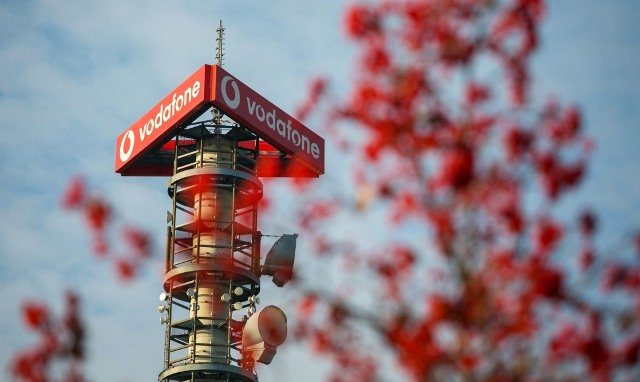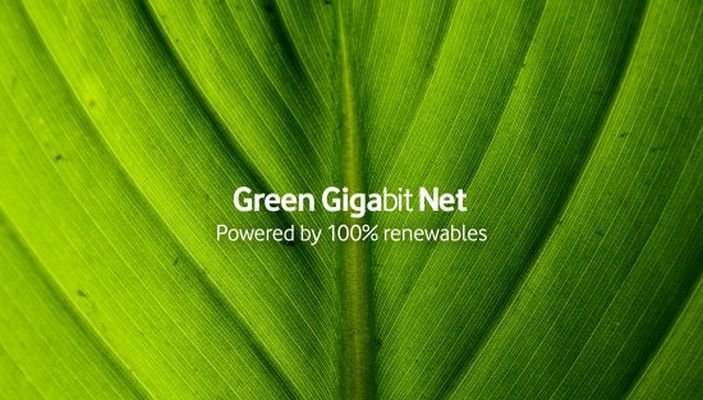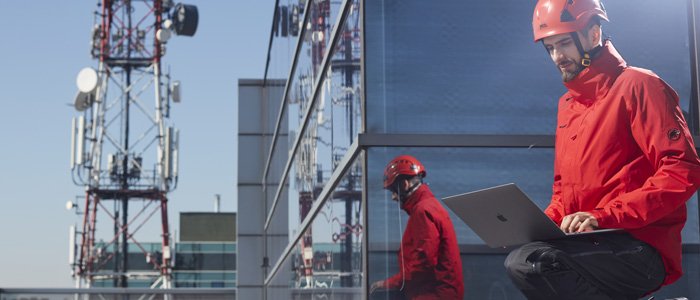Vodafone committed to reducing the company’s total global carbon emissions to ‘net zero’ by 2040 and confirmed that its 2030 carbon reduction targets have been approved by the Science Based Targets initiative as in line with reductions required to keep warming to 1.5°C, the most ambitious goal of the Paris Agreement.

The Science Based Targets initiative (SBTi) is a collaboration between CDP, the United Nations Global Compact, World Resources Institute (WRI) and the World Wide Fund for Nature (WWF).
The SBTi defines and promotes best practice in science-based target setting and independently assesses companies’ targets in line with the latest climate science.

Vodafone is one of over 500 companies to have their greenhouse gas emissions reduction targets validated by the SBTi.
In 2019, they had committed to purchasing all electricity from renewable sources, halving its environmental footprint by 2025 and reusing, reselling or recycling 100% of its network waste, supporting the move towards a more circular economy.

By July 2021, Vodafone’s European network will be powered by 100% renewable electricity – creating a Green Gigabit Net for customers across 11 markets that will grow sustainably using only power from wind, solar or hydro sources.
By 2030, Vodafone will eliminate all carbon emissions from its own activities and from energy it purchases and uses .
Vodafone also pledged that by 2030 it will halve carbon emissions from Scope 3* sources, including joint ventures, all supply chain purchases, the use of products it has sold and business travel.

By 2040, Vodafone will have eliminated Scope 3 emissions completely – bringing forward by ten years Vodafone’s original 2050 ambition to reach ‘net zero’ across its full carbon footprint.
Scope 3* – includes emissions from purchased goods and services, capital goods, fuel and energy-related activities, waste generated in operations, business travel, upstream leased assets, use of sold products and investments.
This is a PRNewswire Feed; edited by Clean-Future Team






